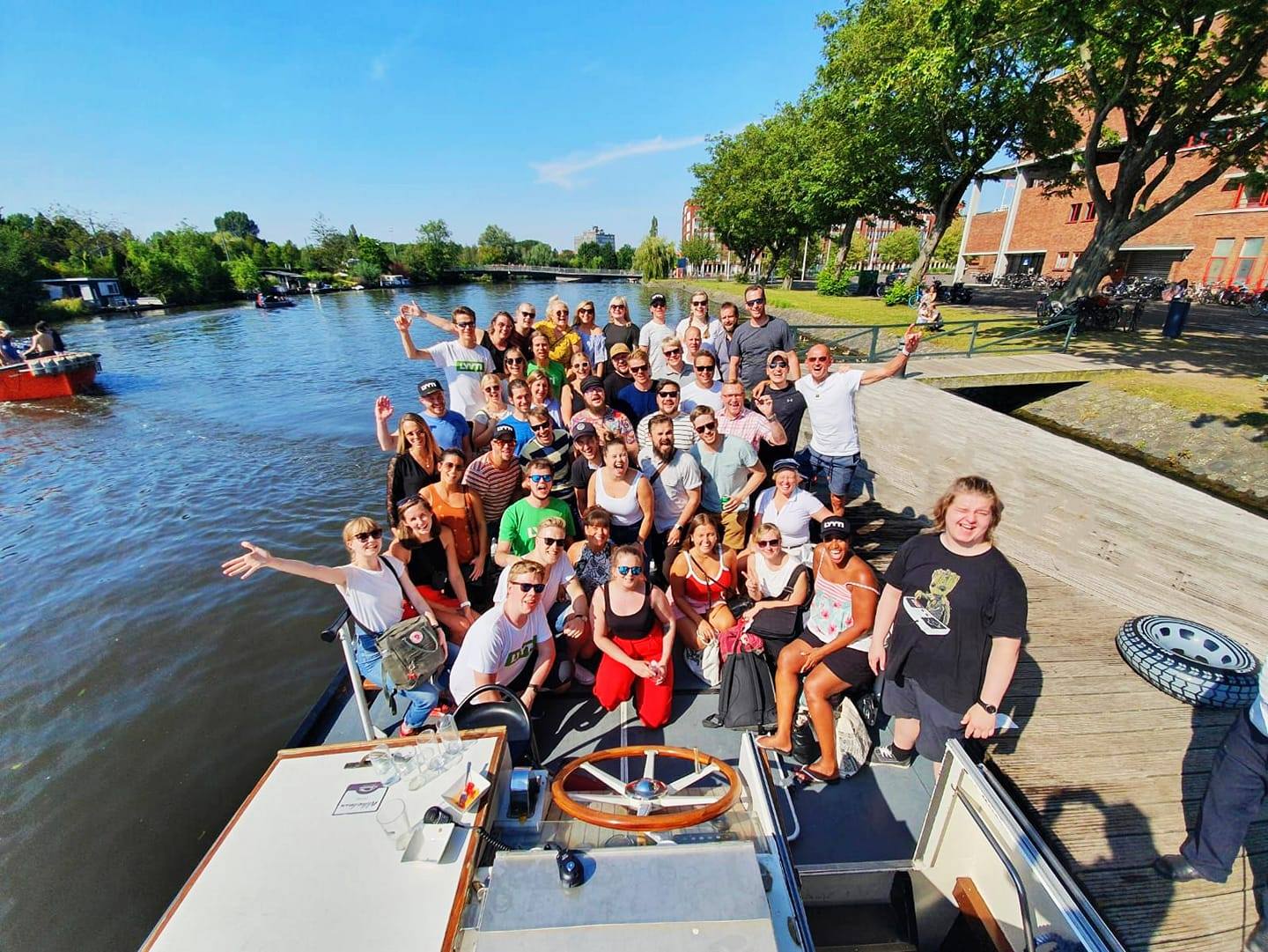What exactly comes to mind when you consider event marketing as a concept? A packed arena with international artists and big speakers, surrounded by top notch light and sound systems? If this is the case, you’re probably not alone. We can all agree that without a doubt, large-scale events are impressive and memorable. Nevertheless, that doesn’t mean that they’re the only way to success. In fact, many organisations have started to invest in events that are local and more exclusive, because there are certain risks that can be avoided and significant benefits to be gained in events of a smaller scale. Especially now when we’re bound by strict regulations and recommendations, smaller events are something every event professional should consider.
Small and recurring events prolong the event lifecycle and create stronger connections
The problem with larger events is that the actual event content is often very short-lived. If the content reaches its climax during a single day, the actual theme will fade away as fast as it was discovered. This is a problem, because the theme should be the supporting element of your content marketing, and something that grows and evolves with the discussions that surround it.
One way of prolonging the event lifecycle is to design a recurring event concept that utilises different event formats; start with a midsize event and then extend it to more detailed and practical workshops.
Smaller events allow there to be more interaction between participants. This interaction should be encouraged and supported by you as an organiser, and one way to do that is by creating a group on a social media platform, eg. Facebook, where people can have discussions in between the events. When the participants are continuously connected like this, you can also arrange more intimate get-togethers for them, such as after works and other kinds of meet-ups.
Large events are risky business?
It’s actually very risky to invest your whole event marketing budget into one or two events per year. Events rarely turn out to be complete failures, but the results can be smaller than expected, which then results in the return on investment being either delayed or even flat out poor.
By scaling down the event size, the production team will naturally be smaller too. This is also a benefit, since a tight group is usually more effective – as long as you manage to tone down the event concept and make it simple enough.
Sustainability is all our responsibility
Sustainability should be one of the top priorities of every event organiser. Not only do local events reduce the stress on the environment, they also enable you to support your local businesses, like catering and transport services. Aim to buy local products and raw-materials and remember to demand sustainability from your service providers as well. If you want more tips on sustainability in events, have a look at this blog post on the subject.
In need of inspiration and ideas for designing event concepts? Have a look at our Event Marketing Playbook, where we give you useful tips and tricks on e.g. how to build an event strategy and how to aim your marketing to the right target groups.









